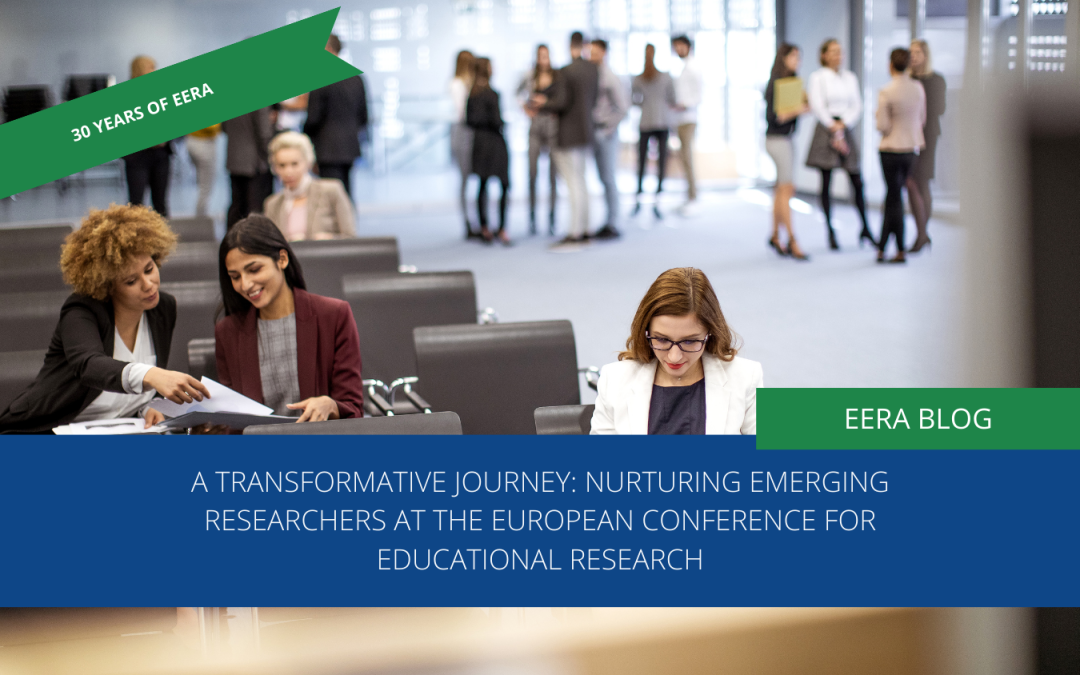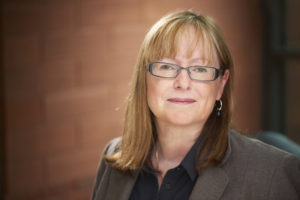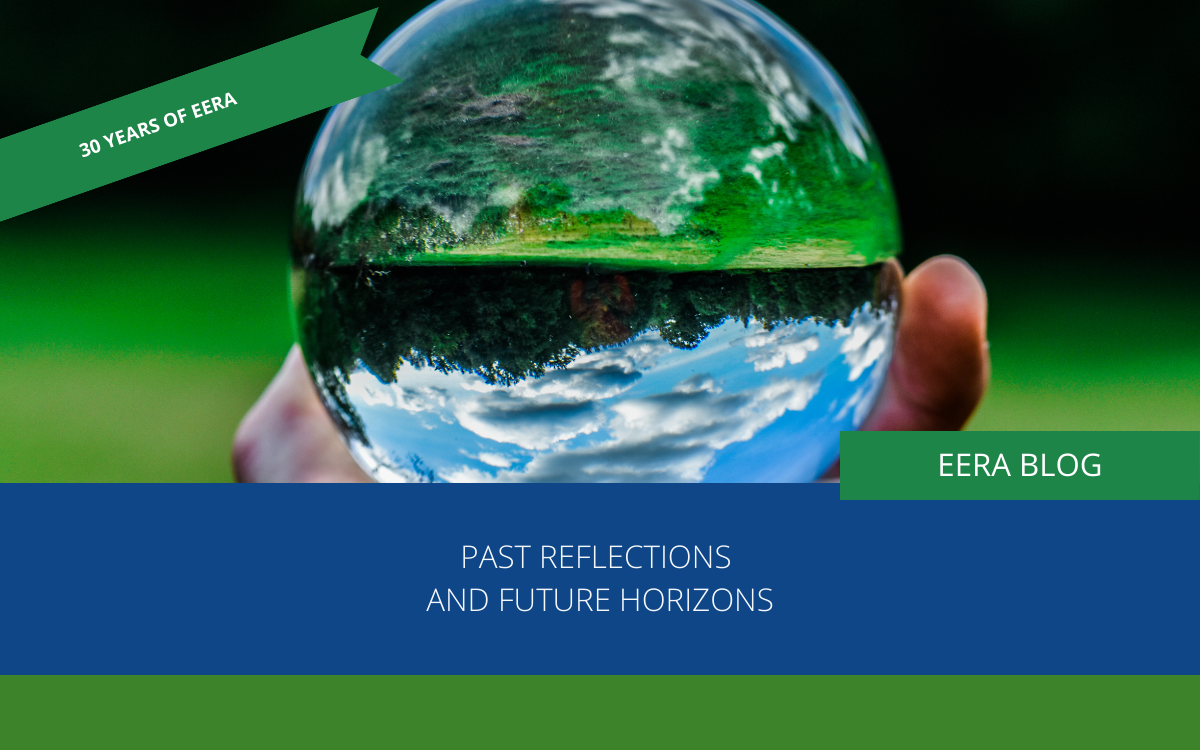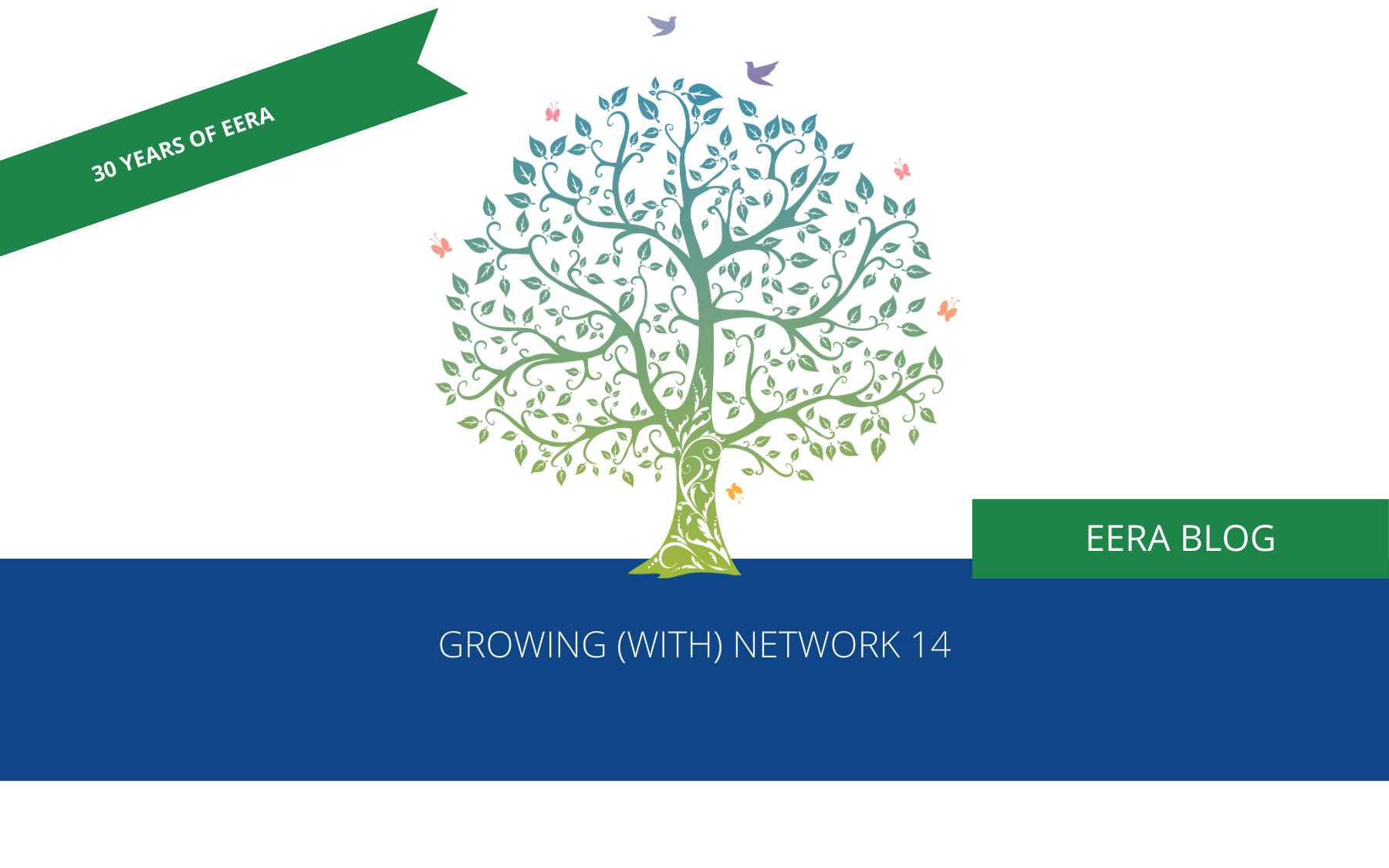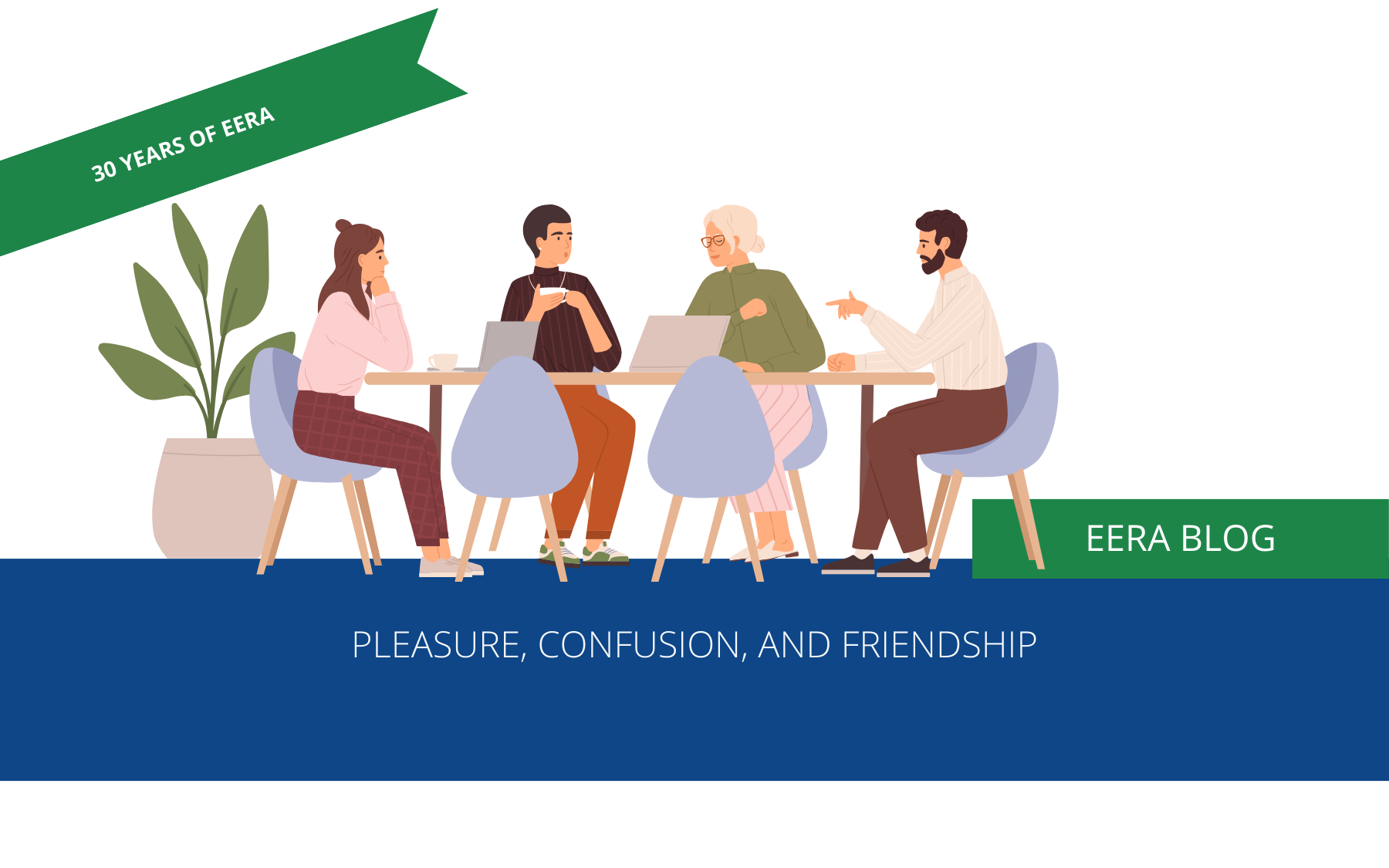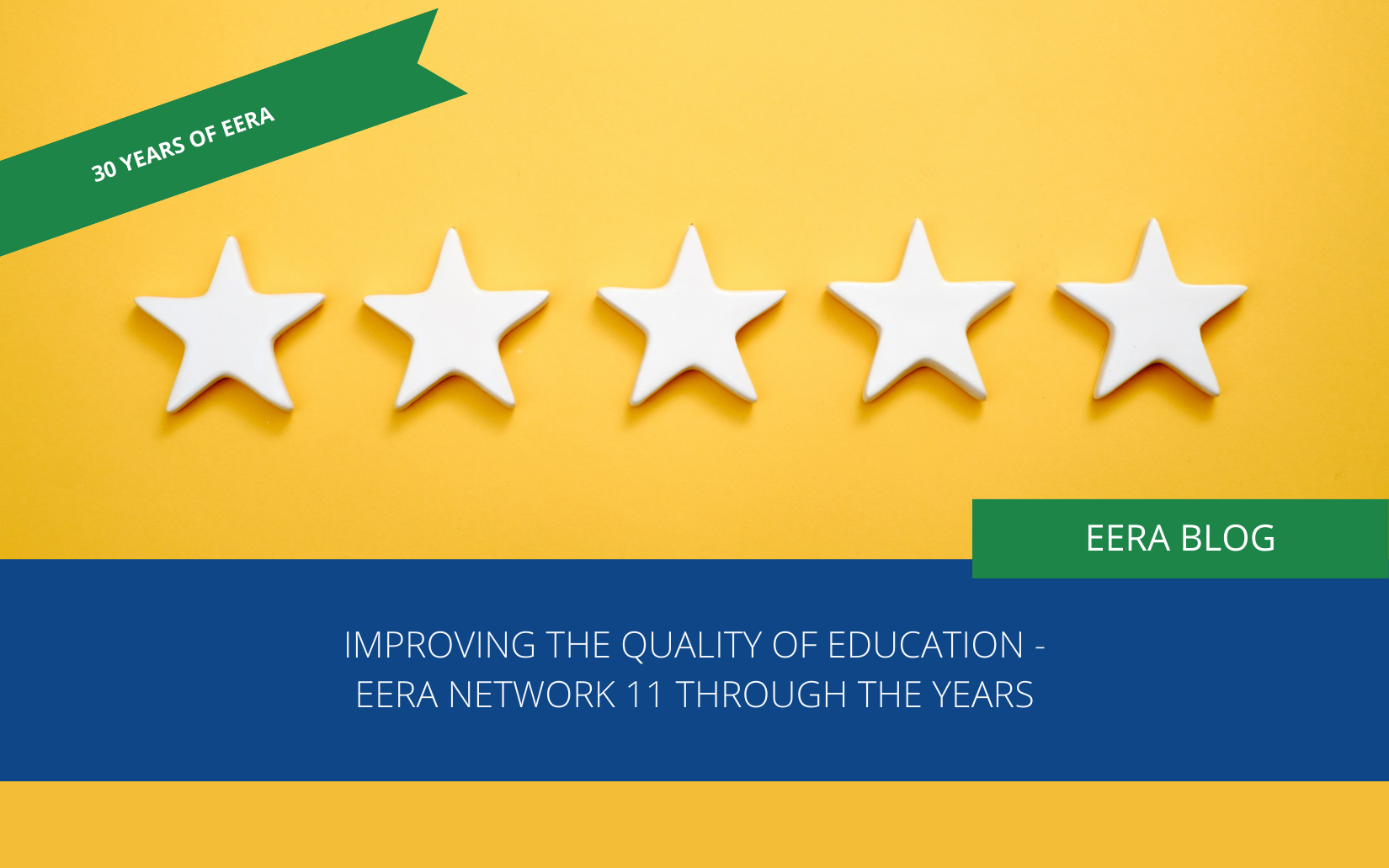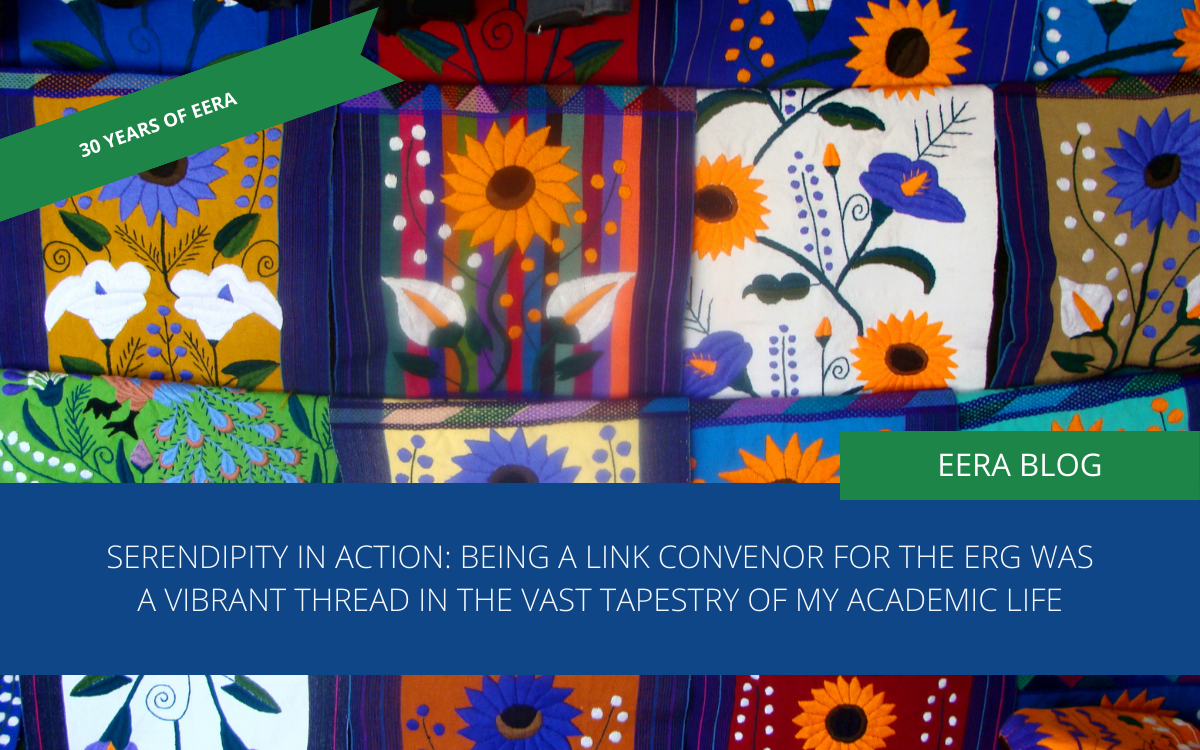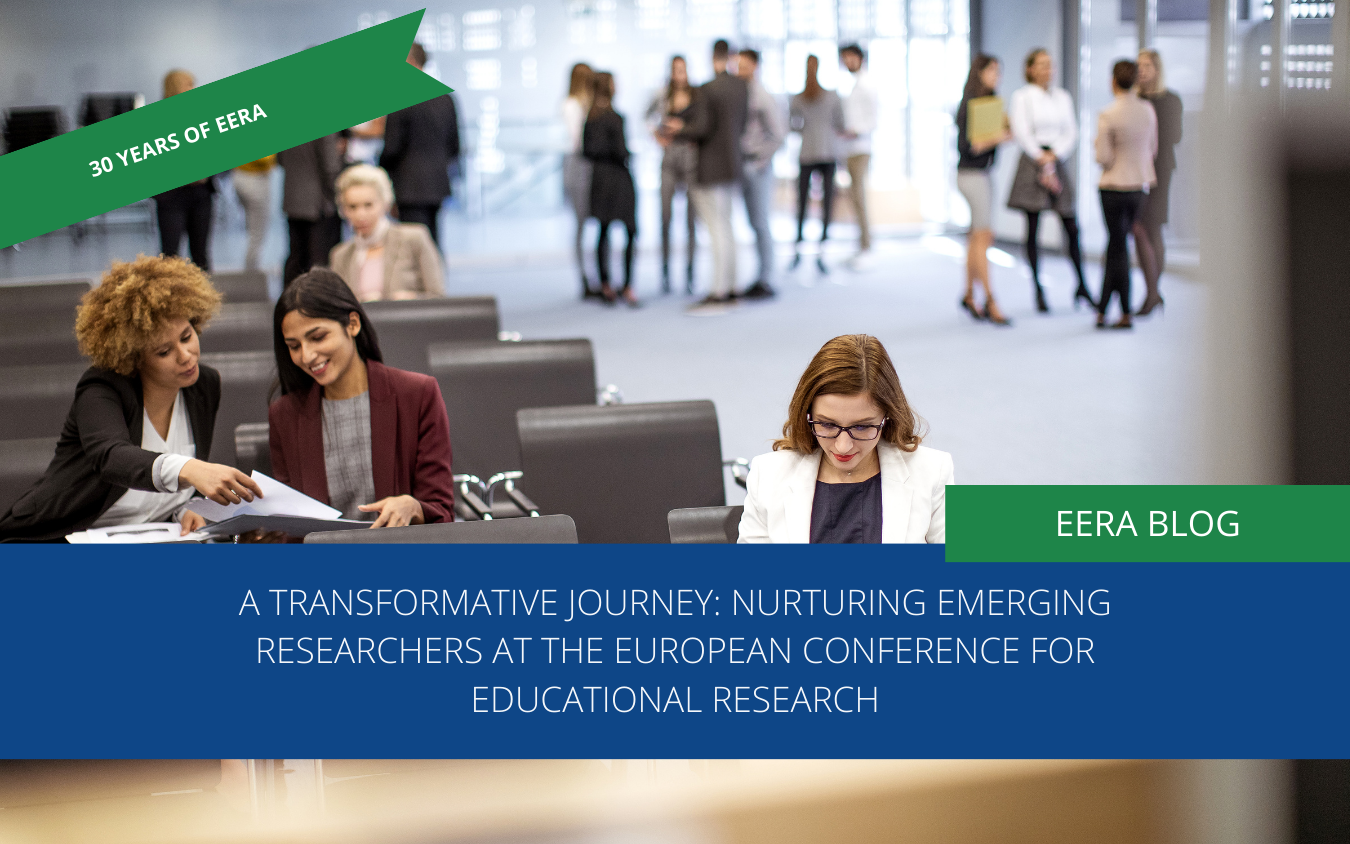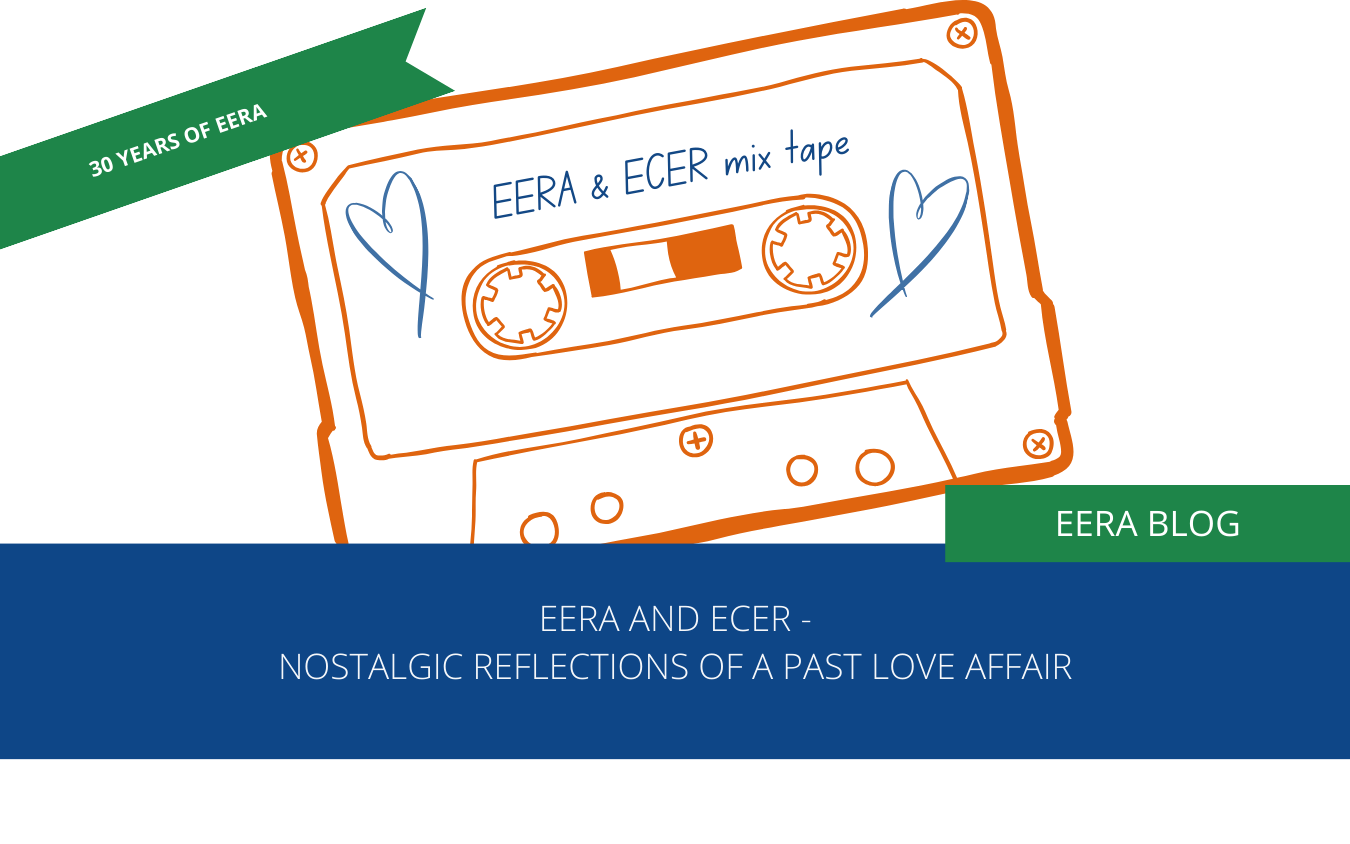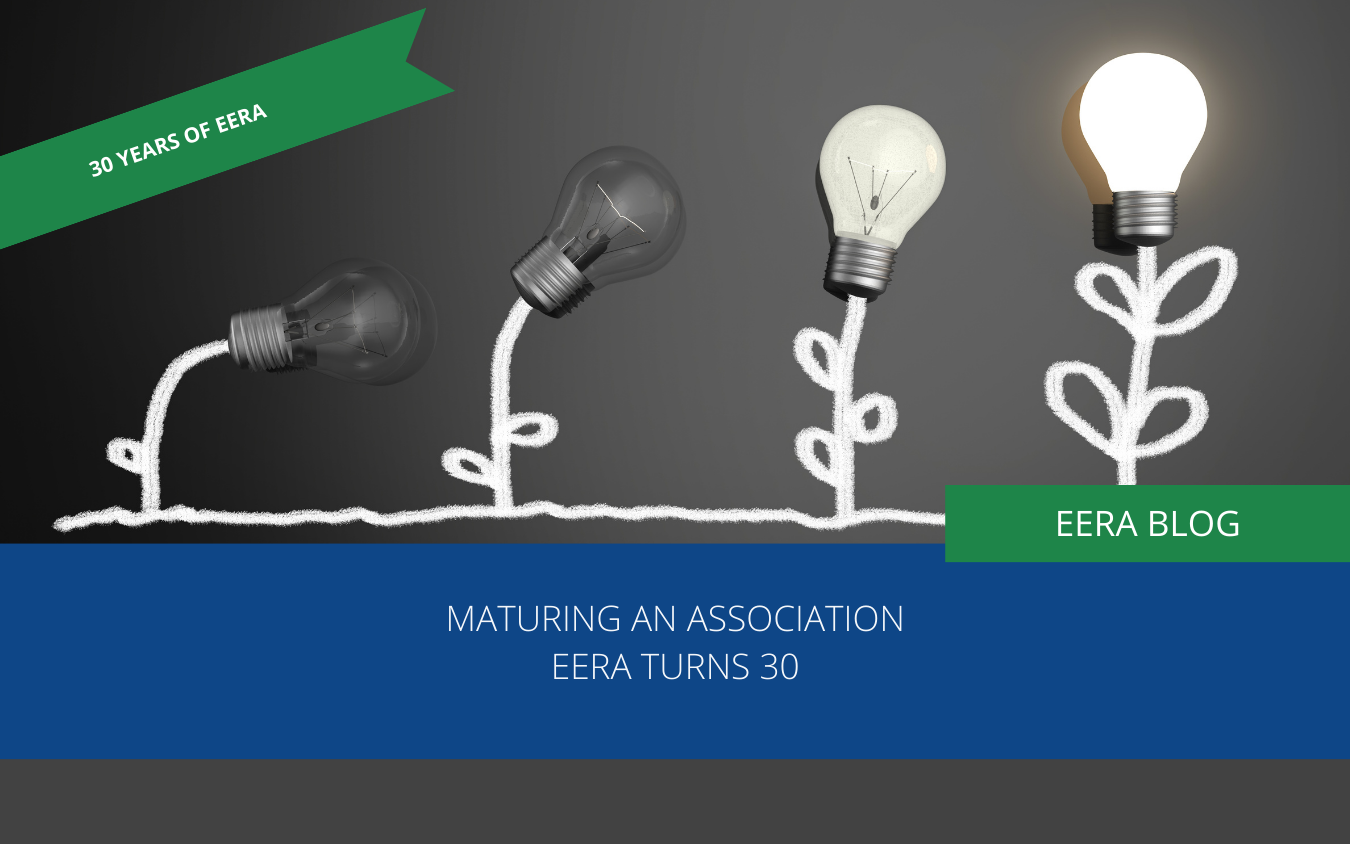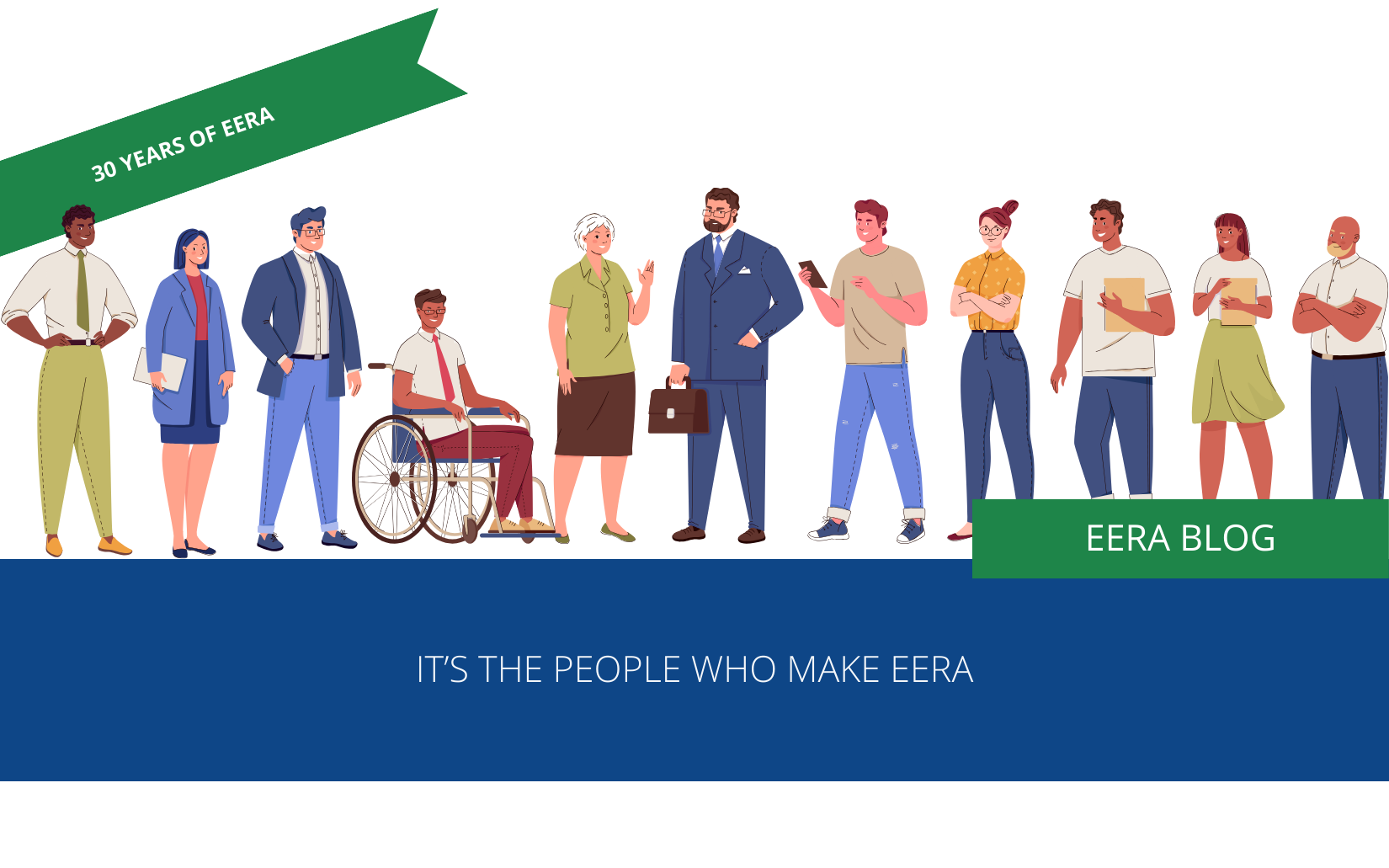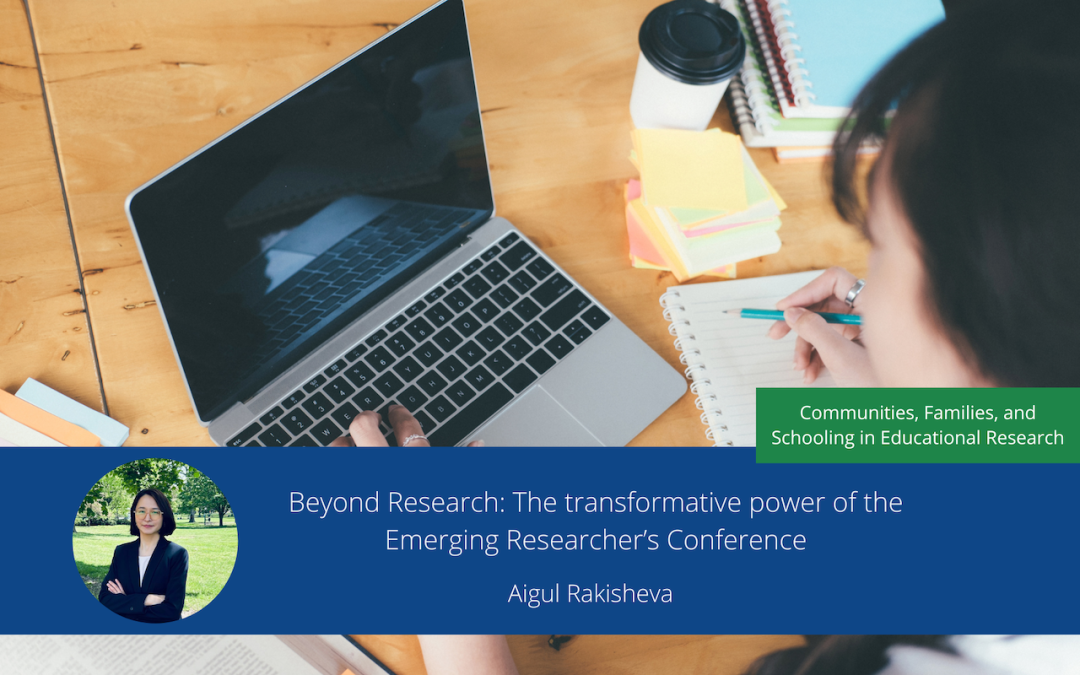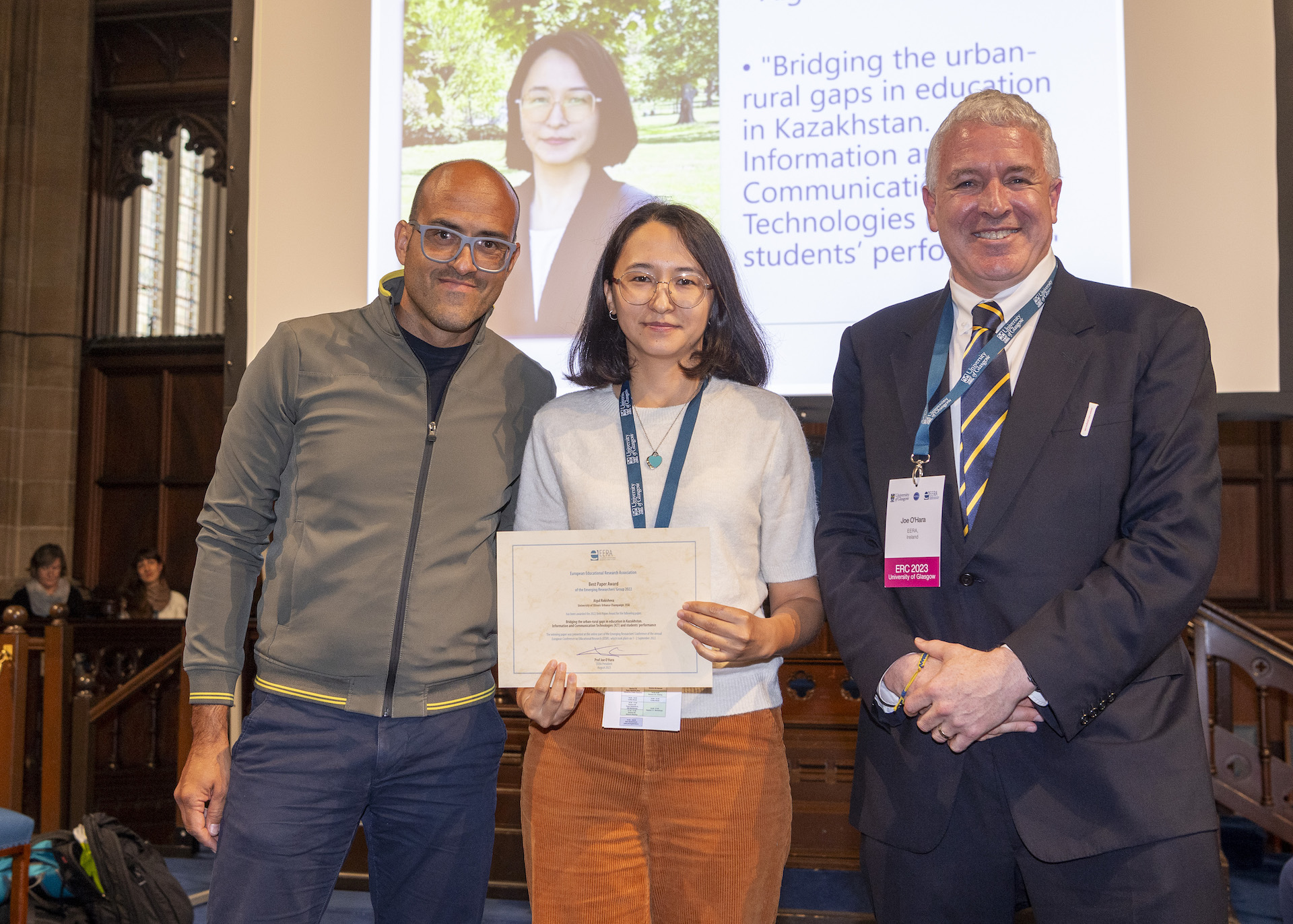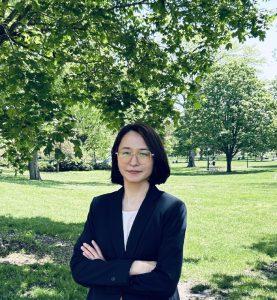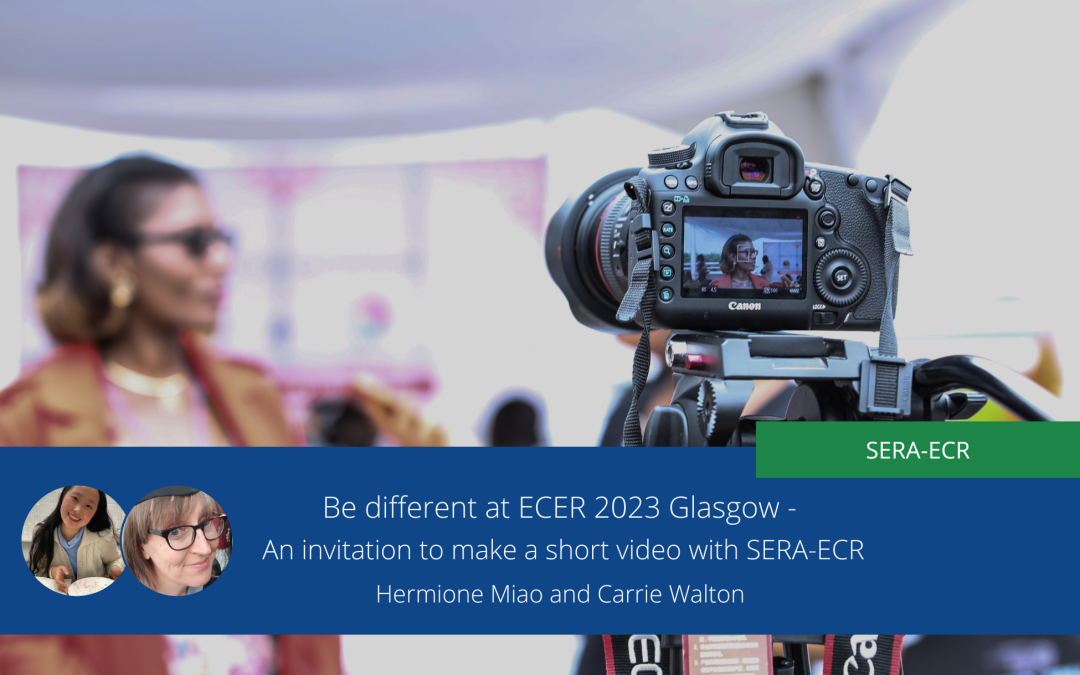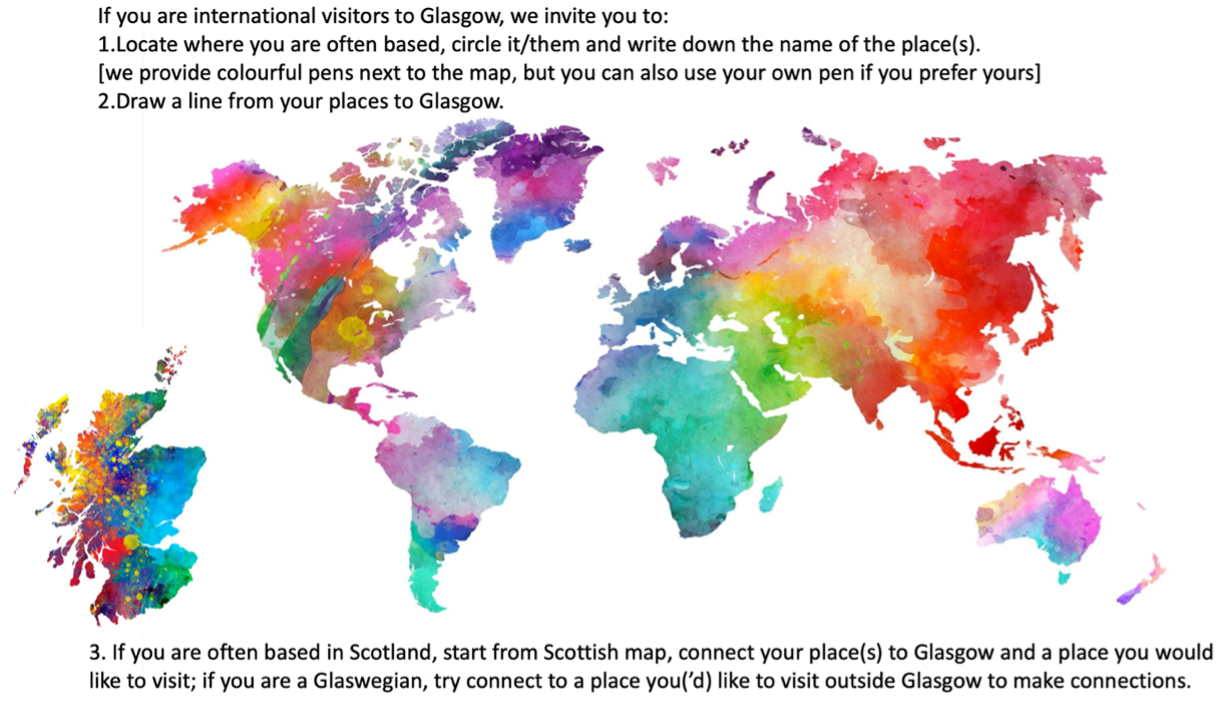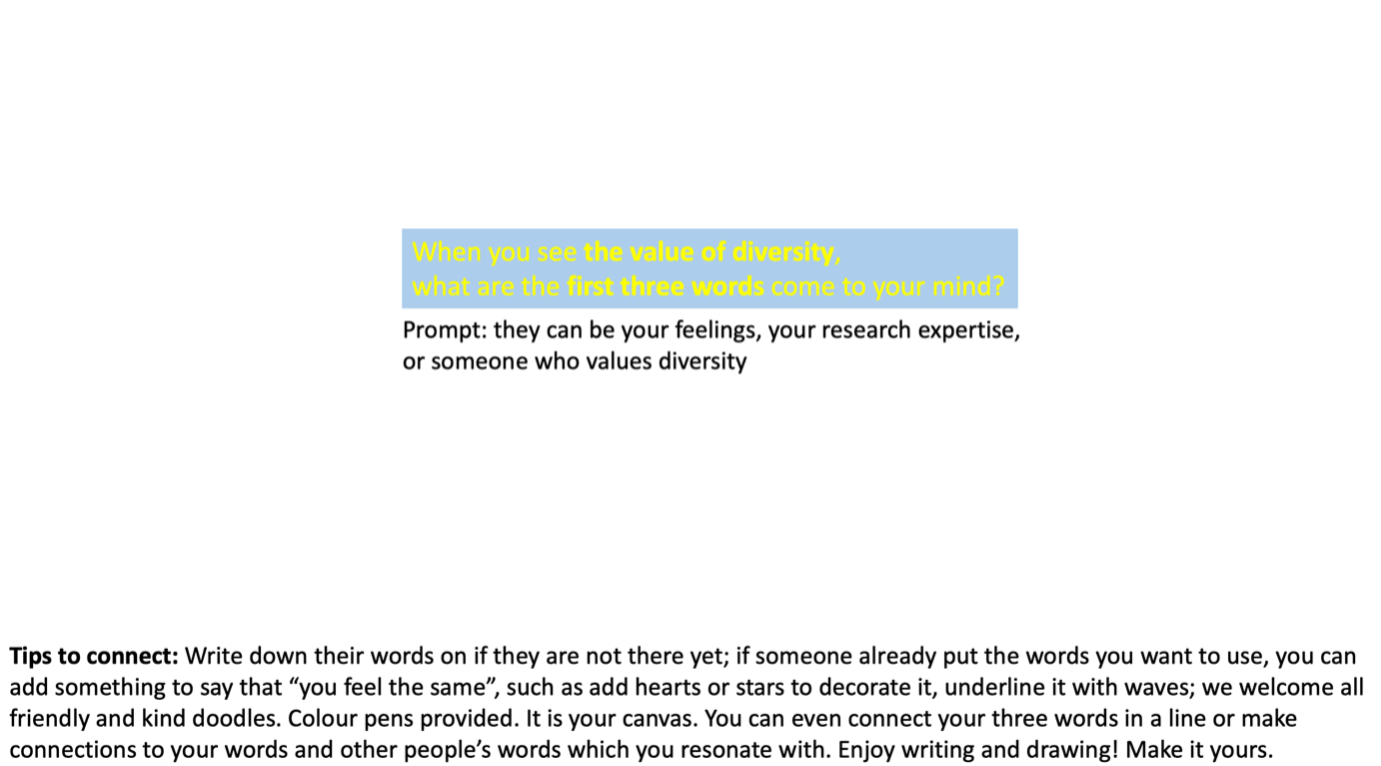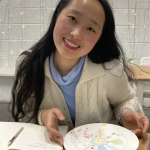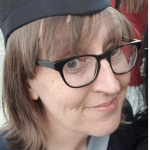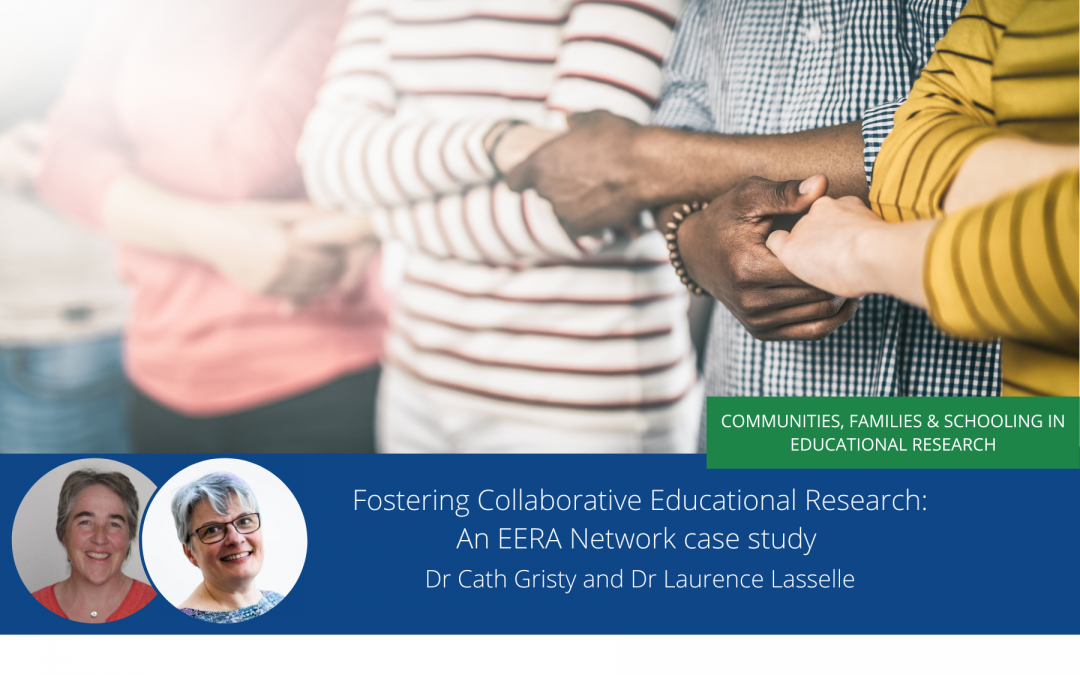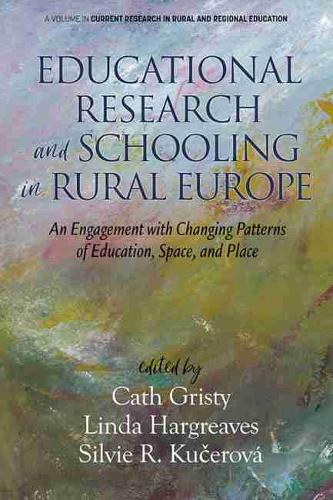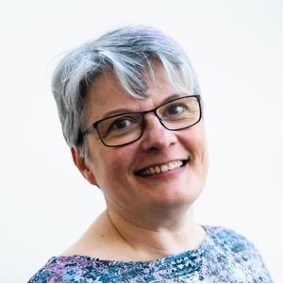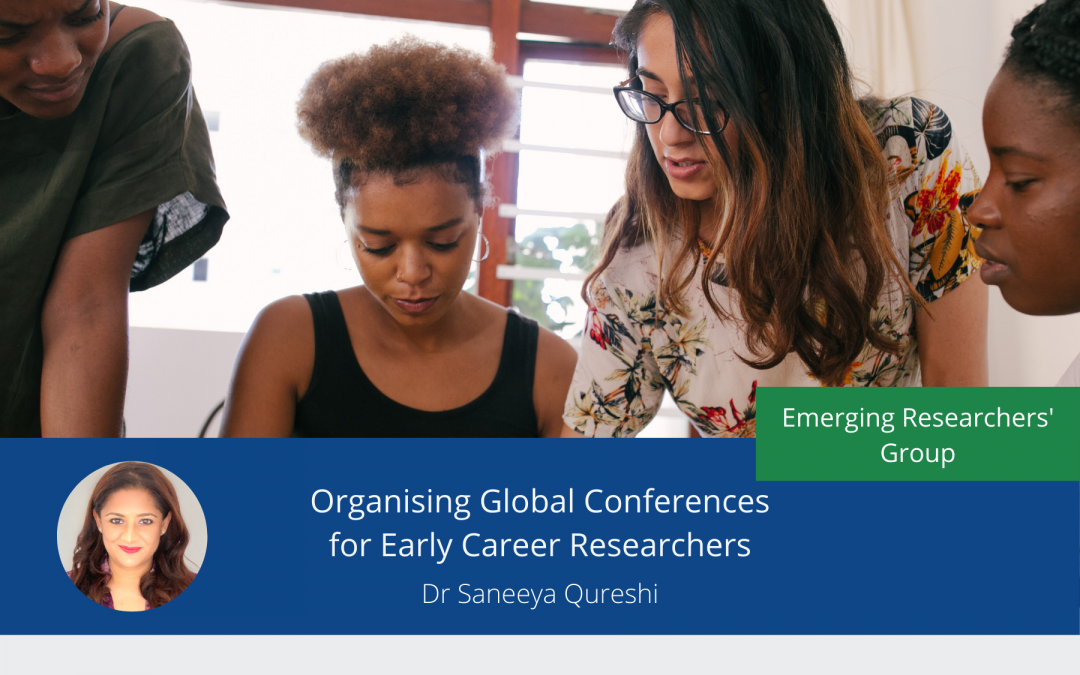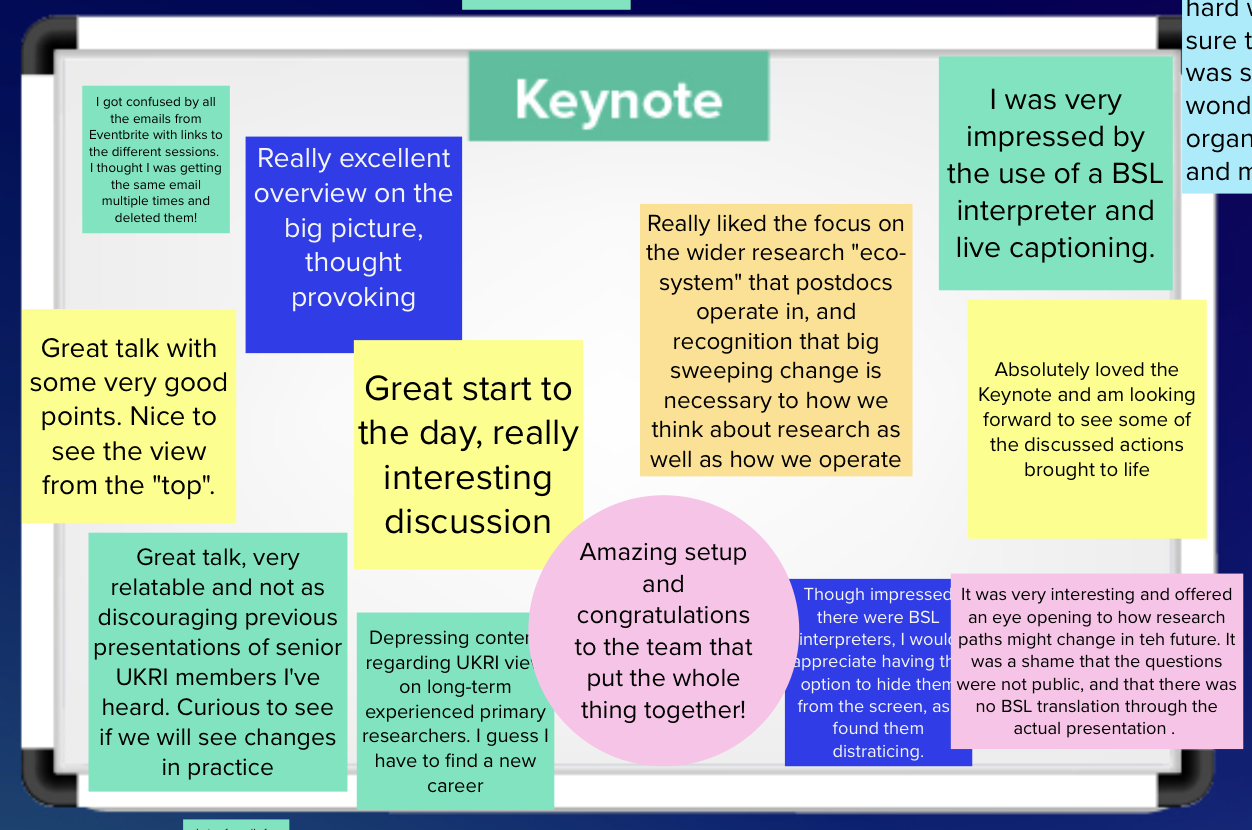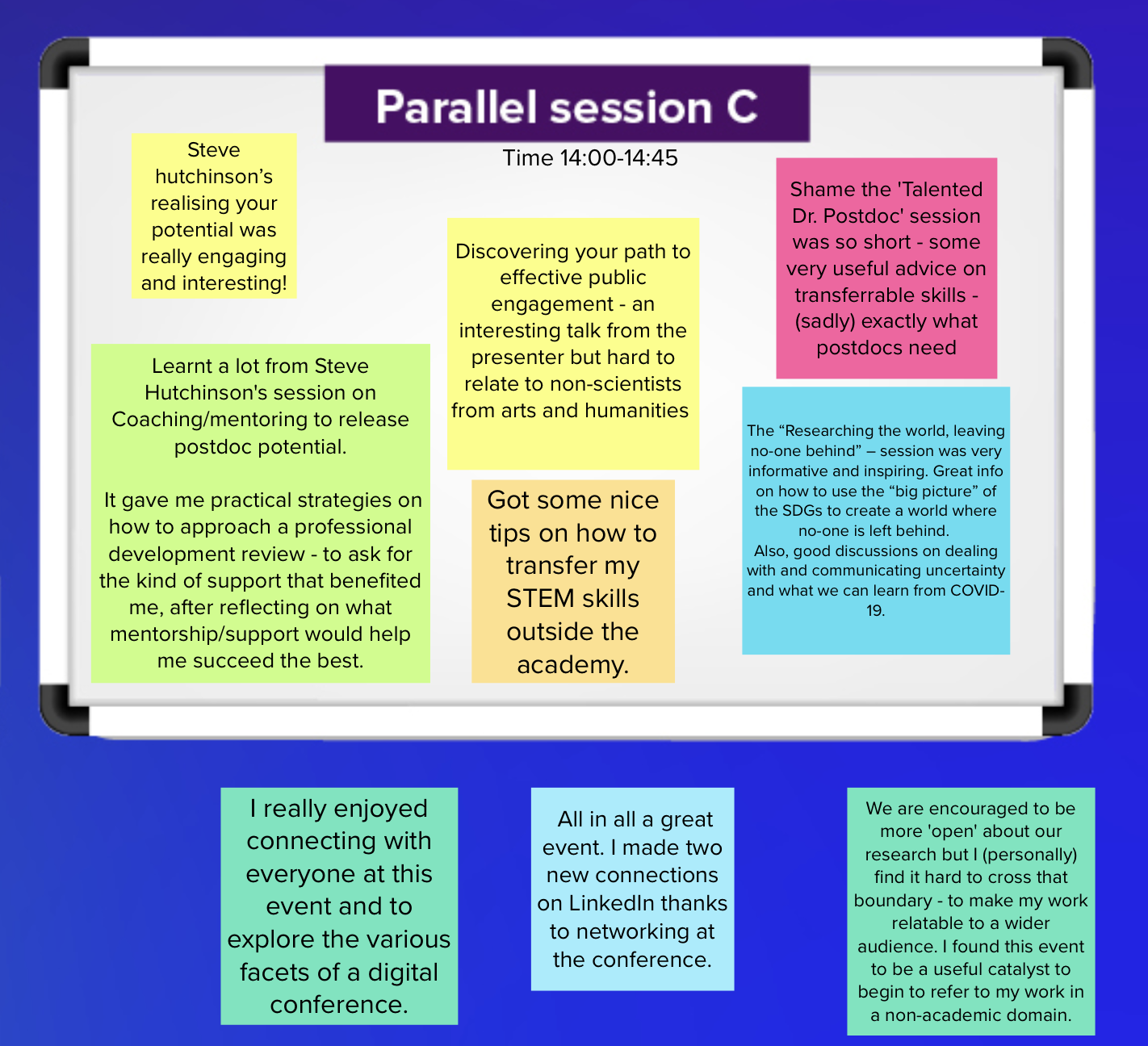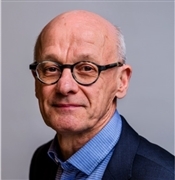The SERA Early-Career Researchers (ECR) Network supports ECRs to develop their capacity and capabilities as researchers within a supportive network and to share their research and connect with colleagues in education and the broader academic community. The network reflects on education within and beyond Scotland therefore we welcome ECRs from within and outside Scotland
Our ECR network includes:
- Postgraduate students (PhD and Masters)
- Educational practitioners researching any area of Scottish education
- Postdoctoral researchers within 5 years (excluding career breaks/maternity or paternity leave) of completing their PhDs
- Researchers/practitioners new to the field of educational research
Network activities:
- Estelle Brisard Award: The prize is awarded for the best research paper written by an early career researcher based in Scotland and is presented annually at the SERA conference.
- Writing workshops
- Conversations with scholars (short video series)
- Collaboration with other ECR networks (e.g. EERA and BERA).
- Reading club (followed by conversational events with authors/editors)
- Rapid-thesis competition (masters and doctoral students) – prize awarded for most effective presentation of dissertation/thesis in 3 minutes
- Seminars and workshops in collaboration with members, other SERA networks, and external educational partners (e.g. ECR networks in other associations).
- Networking events at the annual SERA conference
If you want to be involved, please join our mailing list or contact the convenors:
Convenors
Hermione (Xin Miao), PhD candidate, University of Stirling
- Email: xin.miao@stir.ac.uk
Carrie Walton, PhD candidate, University of Sunderland; works for NHS Education Scotland
- Email: carrie.walton@nhs.scot
Our general contact email is: ecrsera@gmail.com

